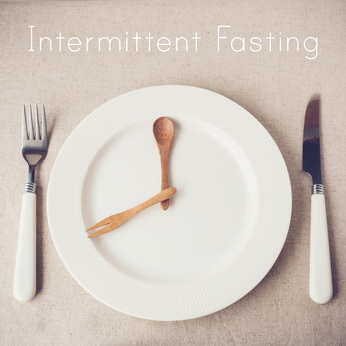Therapeutic intermittent fasting may help eliminate the need for insulin and other glucose-lowering medications in patients with type 2 diabetes, a new case series suggests.
Findings from three cases were published online October 9 in BMJ Case Reports by Suleiman Furmli, MD, of the Department of Family Medicine at the University of Toronto, Ontario, Canada, and colleagues.
The three patients had all been referred to an intensive dietary management clinic and were taking at least 70 units/day of insulin. After several months of intermittent fasting — either on alternate days or three times weekly — all three were able to discontinue insulin while improving their glycemic control. They also lost substantial amounts of body weight and had reduced waist circumferences.
“Medically supervised, therapeutic fasting regimens can help reverse type 2 diabetes and minimize the use of pharmacological and possibly surgical interventions in patients with type 2 diabetes,” Furmli and colleagues write.
The patients were given 6 hours of training on diabetes and nutrition and specific instructions for fasting. They ate only dinner and consumed unlimited very low-calorie fluids on fasting days, and ate both lunch and dinner on nonfasting days. Low-carbohydrate meals were recommended when eating meals. They followed up with the treating physician every 2 weeks.
Success Times Three
Patient 1 was a 40-year-old man with type 2 diabetes for 20 years who also had hypertension and hypercholesterolemia. At baseline, he was taking metformin, canagliflozin, and long- and short-acting insulin. After fasting three times a week for 7 months, he was able to discontinue all the drugs except for canagliflozin, his HbA1c dropped from 12% to 7.5%, his weight was reduced from 84 kg to 74 kg (184 lb to 163 lb), and his weight circumference decreased from 100 cm to 87 cm (43 in to 34 in).
He reported having no difficulty with fasting and that he felt “excellent” on fasting days.
Patient 2 was a 52-year-old man with type 2 diabetes for 25 years as well as chronic kidney disease, prior renal cell carcinoma, hypertension, and hypercholesterolemia. He had been taking a fixed-dose insulin mix.
After following the same regimen as patient 1 for 11 months, patient 2 came off the insulin. His HbA1c dropped from 7.2% to 6.0%, his weight was reduced from 61 kg to 50 kg, and his waist circumference fell from 123 cm to 110 cm. He reported feeling “terrific.”
Patient 3, a 67-year-old man with type 2 diabetes for 10 years who also had hypertension and hypercholesterolemia, was taking metformin and pre-mixed insulin. After alternating fasting days for 11 months, he eliminated both diabetes medications, his HbA1c dropped from 6.8% to 6.2%, his weight dropped from 97 kg to 88 kg, and his waist circumference decreased from 123 cm to 110 cm. He said he found the fasting “easy,” that his carbohydrate cravings had disappeared, and that his energy levels were higher.
“Therapeutic fasting is an underutilized dietary intervention that can provide superior blood glucose reduction compared with standard pharmacological agents,” the authors conclude.
BMJ Case Reports. Published online October 9, 2018

